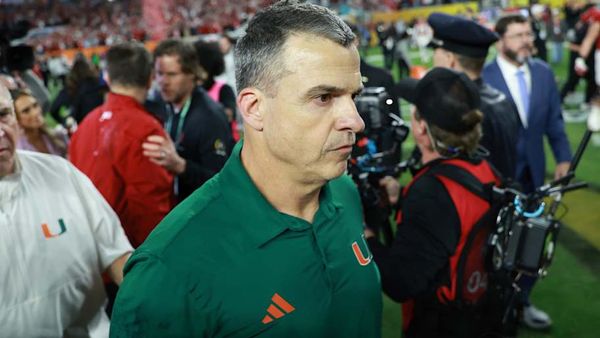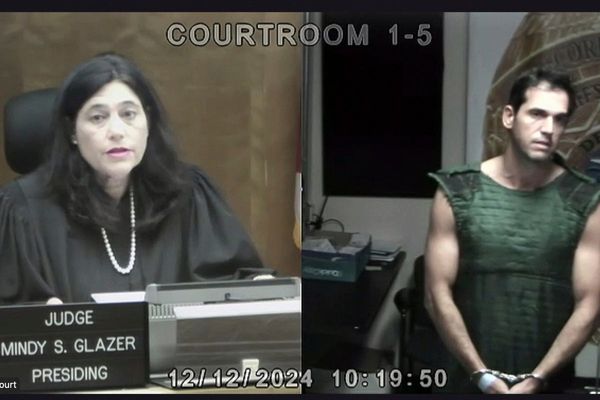
NSW state election candidates for Pauline Hanson’s One Nation party have promised voters a push to abandon the state’s ban on nuclear energy while offering solutions to the Coalition’s “energy disaster”, which one candidate claimed would force residents to use “cow dung” to heat their homes.
The pitch was made Thursday night at Dee Why RSL, where organisers claim 600 people showed up to watch climate change denialists and outspoken figures from the fringes of Australia’s far-right address prospective voters on climate change and energy policy.
One Nation’s candidate for the seat of Campbelltown in Sydney’s south-west, Adam Zahra, told the room that he was there to “ask questions” about energy policy.
He said that if Australia continues to pursue green energy it would soon be forced to depend on “foreign powers” for energy, falsely linking rising energy prices in Australia with its renewable energy ambitions.
(Energy prices have ballooned in large part as a result of Russia’s invasion of Ukraine, which has allowed gas producers to peg domestic prices to the global market, forcing Australian households to pay more too, even as production costs remain the same.)
“In chess, that would be called a ‘check’ position,” Zahra said.
Zahra went on to say that if Australia continued to turn the cheek to nuclear energy and let fossil fuel producers off the leash, households across the country might end up like those in “third world” countries, offering up the use of cow dung in India as a warning.
The cow and its dung hold great significance in Hindu culture, where dung is used in Hindu religious fire, as fuel for cooking, and to make flower and plant pots. Zahra claimed that dung was used in India as a result of the country’s transition to renewable energy, touting nuclear as a solution.
“Imagine getting out to the local cow paddock, jumping the fence, [and] flogging manure to heat your home,” Zahra said.
India in September last year announced plans to expand its coal power fleet by roughly a quarter until 2030, save for a massive drop in electricity storage costs. At the time, the country’s power minister, Raj Kumar Singh, blamed the developed world for failing to adequately invest in decarbonisation efforts.
Campbelltown, where Zahra is running for election next month, is home to more than 8500 people of Indian heritage, according to most recent available census data. People of Indian heritage are the largest non-Anglo group of voters in the electorate, and could make up as much as 4.2% of the vote. Zahra didn’t respond to a request for comment in time for publication.
Zahra’s better-known party colleague Mark Latham ended the night’s proceedings with a similar line.
Latham told the room that the NSW government’s green energy ambitions were a “futile exercise” which would leave resource-dependent towns across the state — like Muswellbrook and Singleton — jobless, and in a position where “the kids are on drugs”.
“A whole community melts down and essentially, with this Matt Keane-Chris Bowen agenda, the only new things you’d be building in Singleton and Muswellbrook are Centrelink offices,” he said, blaming teal independents “who have got so much money”.
He said the March election would be a referendum on energy policy, and promised voters a push for a new gas peaking plant, along with efforts to get energy subsidies to consumers with the money that would otherwise be spent on renewable energy projects.







